Our hobby
Philately is a rewarding hobby. Until someone considers selling his collection. Then the question suddenly arises as to what should be done with those books full of special stamps.
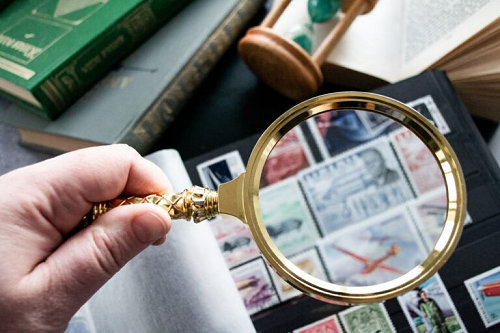
There are people who say that they can buy a second home with their stamp collection. But the reality is usually different.
For most collectors it will not be easy to sell their collection for a profit. Especially in a declining market, for instance if many collectors stop collecting a certain country or theme, it is not so easy to sell for the price that the collector paid when purchasing.
Collecting stamps as "investment" is something only specialists can do (and even they make mistakes more than once...).
Misunderstandings
Misunderstandings often arise when someone has written down very meticulously for years what the catalog value of every stamp in his album is, and then adds it all up. The real value of a stamp is only a fraction of its catalog value!
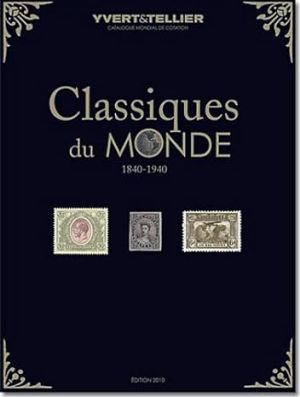
Supply and demand
It is very difficult to determine the value of a collection. The value is mainly determined by supply and demand. Each stamp has its own value.
The value is depending of:
- Condition or quality of the stamp
- Rarity
- Special market conditions
- Mint or used condition
- Yes or no provided with a special postmark
- Et cetera.
So, what is the value of a stamp?
There are different values that can be used. First of all, there is the use value, also known as postage value or nominal value.
The use value is the value that the stamp represents (which is therefore printed on the stamp). Sometimes a surcharge is also stated in addition to the postage value (i.e. special issues). This surcharge is not part of the postage value, but is included in the sales price.
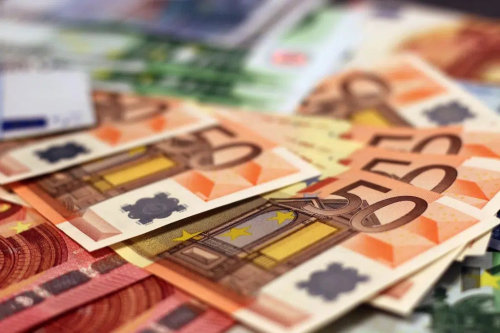
The collector's value is the value that a stamp or series has for the philatelist as a collector's item. This value can be very different and often depends on the collector and his financial resources.
Thirdly, there is the catalog value. This is basically a relative value, let's say a suggested retail price. The catalog value is largely determined by the stamp trade. As a result, list prices are often on the high side. The trade has no need to price stamps low. Partly because not only the trade but also collectors use the list price as a guideline value. The higher the list price, the more traders earn when selling the stamp(s).
The market value of the stamp(s) is in most cases much lower than the catalog value. This is often caused by the mechanism of supply and demand. Little supply drives the price up, a lot of supply lowers it.
Examples of stamps available in large numbers are long-running series (for instance stamps with the image of kings and presidents). The postal service's issuance program also has a great influence on the market value of stamps. Just think of the "stamp spitters" such as Niger, Central African Republic, Chad and the like.
Other collectibles
In addition to stamps, all kinds of artificial collectibles are also created that cost quite a lot of money to purchase, but are worth much less when sold. Think of (unofficial) FDCs, Maximum cards, Presentation Packs, Stamp folders, etc. These are often also franked with complete expensive series that far exceed the adhesive value of letters.
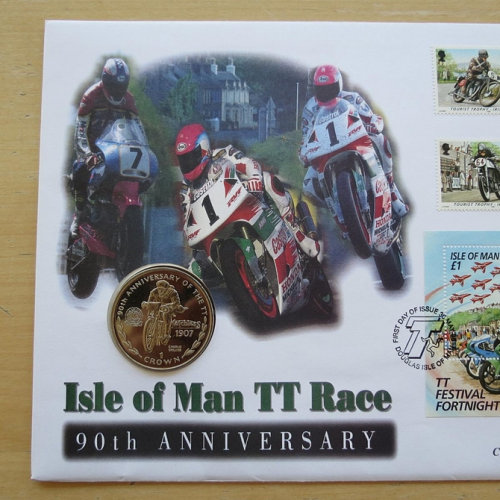
What conclusion can we draw from the above story?
If you still want to sell something, the price depends on many factors. This applies not only to Dutch stamps, but also to foreign ones. The same holds for postal items, postcards, telegrams and the like.
Thematic philately
(Thematic) philately is above all an interesting hobby. If you want to make money, it is better to buy shares of large companies on the stock exchange. And yes, a hobby can cost money. So counting yourself rich is not an option. A good thing for our collections is the fact that there are hardly any expensive stamps in our theme. Even the handful of "top items" can still be purchased affordably and with some patience, for a reasonable price.
The real value
As a final conclusion, we cannot buy a second house with the proceeds of our collection. Too bad, right? But when I look back over all the years in motorcycle philately, I certainly consider myself rich. Not only did I enjoy many hours of (priceless) fun with my collection, gained knowledge about motorcycles and riders, but I also attended many great fairs and MFN meetings. There is no price tag on this, because happiness cannot be bought.
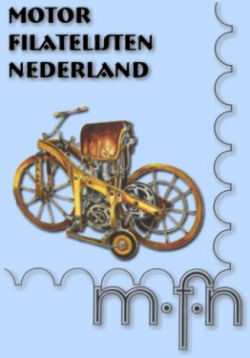
Therefore I hope to be able to experience many more years of joy by our hobby: motorcycle philately.
Hans Baartman
Top - Back to former page - Home |